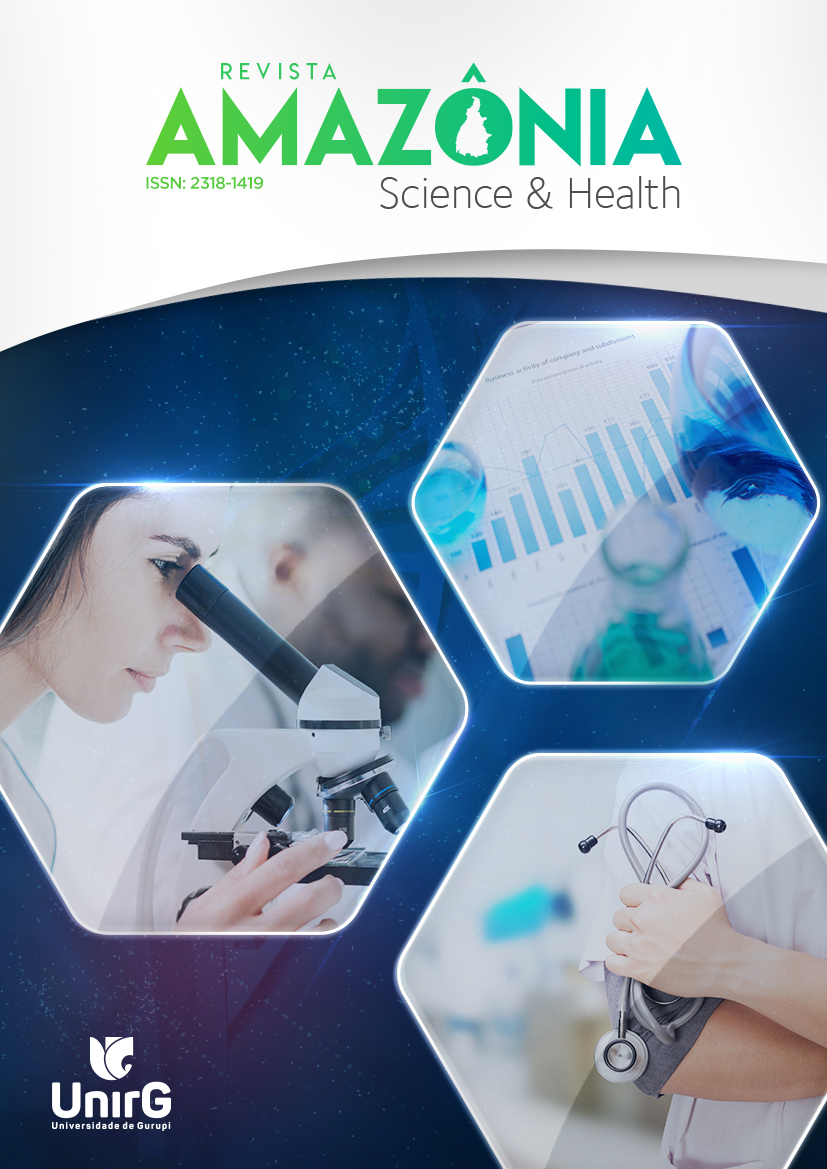Avaliação da Qualidade de Vida Relacionada à Saúde de Mulheres com Câncer em um Município do Norte de Minas Gerais
Ana Luíza Braga e Silva, Jeísa Loiola Fonseca Fagundes, Deborah Porto Cotrim e Campos, Priscila Bernardina Miranda Soares, Marcelo Perim Baldo5, Maria Suzana Marques
Abstract
Introduction: The high prevalence of cancer in Brazil is a public health issue, particularly when considering the associated costs and social impacts. Between 2023 and 2025, it is estimated that 704 thousand new cases of cancer will be diagnosed, with breast cancer being the most common among women. Objective: To evaluate the Health-Related Quality of Life (HRQoL) of women undergoing chemotherapy treatment in Montes Claros, MG. Method: Cross-sectional study with a quantitative approach, incuding 101 women over 18 years old undergoing cancer treatment. Data were collected using the EORTC QLQ-C30 questionnaire and a sociodemographic questionnaire, analyzed using SPSS version 27.0. Results: The sample showed, predominantly, aged between 31 and 60 years, brown skin color, with complete high school education. More than 30% reported significant difficulty in performing physical activities, and almost half faced financial difficulties. Despite this, the majority evaluated their HRQoL positively, although symptoms such as fatigue and loss of appetite were frequent. Discussion: The results indicate that, despite advancements in cancer treatments, adverse effects and cancer-related symptoms can significantly impact patients’ HRQoL. Conclusion: Although most women evaluated their HRQoL positively, it is important to offer socioeconomic support and a comprehensive approach to patients.
Keywords: Neoplasms. Oncology. Quality of life.
Copyright (c) 2025 AMAZÔNIA: SCIENCE & HEALTH

This work is licensed under a Creative Commons Attribution-NonCommercial-NoDerivatives 4.0 International License.
A Revista faz uso da Licença Creative Commons Atribuição-Não Comercial-Compartilha Igual 4.0 Internacional (CC BY-NC-SA 4.0)
Maiores informações sobre a licença disponível em: https://creativecommons.org/licenses/by-nc-sa/4.0/deed.pt
- 1º Os autores cedem à Revista Amazônia: Science & Health os direitos autorais no momento em que submetem seus artigos à mesma. Os autores declaram que o artigo submetido não foi publicado, e não está sendo considerado para publicação, na íntegra ou em parte em outro periódico. Os autores assumem total responsabilidade pela originalidade do artigo, podendo incidir sobre os mesmos, eventuais encargos decorrentes de reivindicação, por parte de terceiros, em relação à autoria do artigo.
- 2º A reprodução total dos artigos da Revista em outros meios de comunicação eletrônicos de uso livre é permitida de acordo com a licença Creative Commons Atribuição-NãoComercial-CompartilhaIgual 4.0 Internacional.
- 3º Para outras situações (reprodução parcial dos artigos, impressão em meio físico, entre outras) é necessária consulta e autorização prévia do Conselho Editorial.


